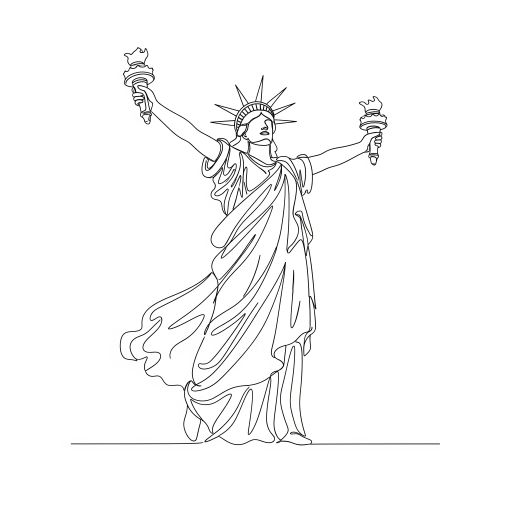Liberty Matters
Embracing a Liberalism beyond Policy

The thoughtful essays in this collection are a testament to how important and unique David’s voice was. I will be forever grateful for David’s guidance, encouragement, and all the lessons he taught me over my twelve years at Cato. David’s influence is evident in each contribution, even if we removed his name and quotations.
There seem to be two common threads throughout each of the excellent pieces in this symposium: 1) the universality of liberty: that freedom should benefit all people equally and 2) this universality applies across policy areas, and serves as a holistic prescription for the world. These may seem like different ways to say the same thing, but each has a different application for liberals, particularly those who work in public policy.
Most of us in this symposium have policy specialties and all of us have experience in the professional policy or think tank worlds. We are thus all familiar with the tendency toward policy myopia: “What does X law mean for my policy area?” and “Does X law meaningfully expand freedom to those directly affected?”
These are certainly important considerations but, at times, wonks become too siloed in our particular fields at the risk of missing the larger picture. David—the guiding force that shaped Cato’s voice for more than 40 years—did not have this problem. Rather than focus on one particular issue, he combined Cato’s policy research with his knowledge of history and his commitment to the principles of liberty to make the straightforward case for better lives for everyone on the planet. He was Cato’s ideological conscience, and the intellectual leader of the institute.
Although no one could “replace” David in the sense that he was a singular persona who stood out among many other capable writers and thinkers, it is troubling that there are so few who even try to make the unapologetic case for liberalism writ large now. Many of us trained to be specialists; generalist writers—particularly in D.C. policy circles—have become passé, if not simply dismissed as unqualified. But the case still needs to be made.
In this political moment in which the presidential administration is assaulting civil society in almost every facet of policy, law, and media, there are too few classical liberal voices and institutions who are willing to talk—loudly and openly—about its threats to everything we have written and said we believe. Institutional liberals will talk about the foolishness of tariffs or the importance of markets broadly, but freedom—and our liberal system—remain afterthoughts in most of the commentary.
A marginal improvement in, say, school choice, is not worth the cost of the rule of law. Likewise, committed liberals cannot justify “liberty and justice for all…except trans people.” America cannot be both a beacon of freedom and a country that closes its trade, its aid, and its borders to those fighting or fleeing oppression around the world. Liberal principles and commitments must extend beyond our specific policy areas.
Every essay in this collection stands in direct opposition to the policies of the Trump administration, and rightly so, because these essays are ultimately about the expansion of liberty.
I do not presume to speak for David or any of my fellow contributors. But it is not a coincidence that many of the loudest and boldest liberal critics of this administration and its actions spent considerable time in David’s orbit. I, for one, am proud to count among that number.
Copyright and Fair Use Statement
“Liberty Matters” is the copyright of Liberty Fund, Inc. This material is put on line to further the educational goals of Liberty Fund, Inc. These essays and responses may be quoted and otherwise used under “fair use” provisions for educational and academic purposes. To reprint these essays in course booklets requires the prior permission of Liberty Fund, Inc. Please contact oll@libertyfund.org if you have any questions.